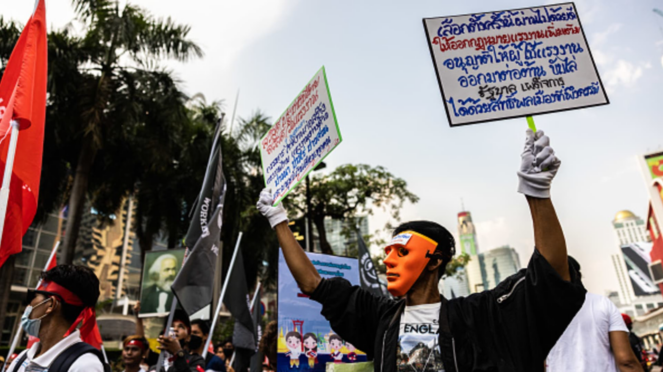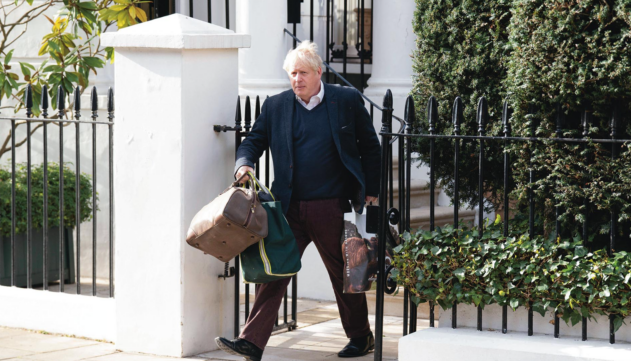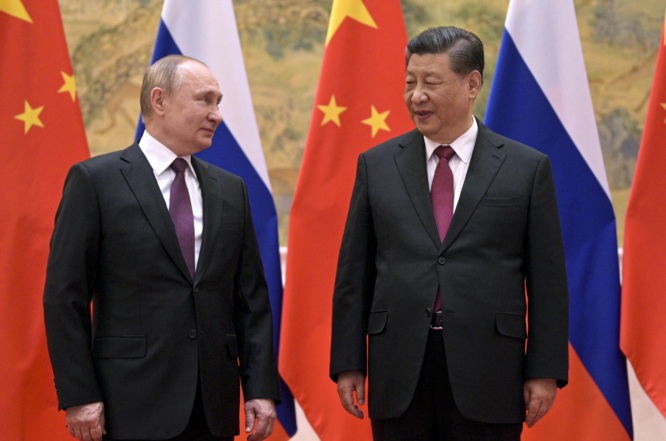Many Thai voters hope to halt the cycle of elections, demonstrations, and coups on Sunday.
500 lower house seats are up for election on May 14 at 8am (01:00 GMT). Same-night preliminary results are anticipated.
As parties vie to build coalitions under Thailand’s mixed voting system, the next government’s composition remains unknown.
The 250 military-appointed upper house members must approve the prime minister.
These candidates might lead Thailand.
Prayut Chan-ocha
The current prime minister was born in Nakhon Ratchasima on March 21, 1954, into a military family.
After creating a coalition with lesser parties, Prayuth became civilian prime minister with the military-backed Palang Pracharat party in the latest election.

He left Palang Pracharat earlier this year to run for the conservative Ruam Thai Sang Chart (United Thai Nation Party), founded last August. It reduces power prices and gives seniors monthly allowances.
Prayuth campaigns as a kind leader, yet he sometimes look distant.
In April, he joined Songkran celebrations in Bangkok and soaked revelers to help his faltering campaign.
State radio and TV networks air his campaign song. Return Happiness to Thailand has words like “We will do what we promised […] we are asking for a little more time.” State radio and TV broadcast the tune.
Prayuth is a professional soldier, royalist, and Chulachomklao Royal Military Academy alumnus.
Prawit Wongsuwan
Prawit Wongsuwan, the deputy prime minister, graduated from Chulachomklao Royal Military Academy like Prayuth. He was born on August 11, 1945.
When Prayuth was banned last year, Palang Pracharat’s 77-year-old leader, Big Pom, became interim prime minister.

Prawit was defence minister under Democrat Abhisit Vejjajiva’s short-lived government, which was marred by a deadly crackdown on anti-government protestors in 2010.
Prawit has promised to fight poverty and drought in Thailand, which is experiencing record-high temperatures.
Paetongtarn Shinawatra
Thaksin Shinawatra’s youngest daughter wants to become Thailand’s third prime minister.
The most renowned of the opposition Pheu Thai party’s three prime ministerial contenders, the 36-year-old was born in the US on August 21, 1986.

In 2019, the party won the most seats, and its progressive and populist principles make it a serious opponent this time. Policy commitments include raising the daily minimum wage, boosting healthcare, and building infrastructure to protect farmers from floods and droughts.
Paetongtarn, known as “Ung Ing” by her family, married a commercial airline pilot and had her second kid, a son, two weeks ago.
Paetongtarn has indicated she is against coups, “especially the last two,” amid speculation she would work with military-backed parties to create a government. She studied politics at Chulalongkorn.
Pita Limjaroenrat
Move Forward’s prime ministerial nominee is 42-year-old former Grab executive.
Future Forward, led by charismatic Thanathorn Juangroongruangkit, finished third in the 2019 election as the progressive party.

Thanathorn was expelled from the party in 2020.
Pita led Move Forward two weeks later.
Harvard-educated Pita, born September 5, 1980, has surpassed Paetongtarn in surveys as favored prime minister.
Move Forward is the sole party advocating royal insult legislation reform and military reform.
Anutin Charnvirakul
Bhumjaithai party health minister Anutin Charnvirakul guided the nation through the epidemic.
The 56-year-old called COVID-19 “just a flu” yet decriminalized and promoted medical cannabis.
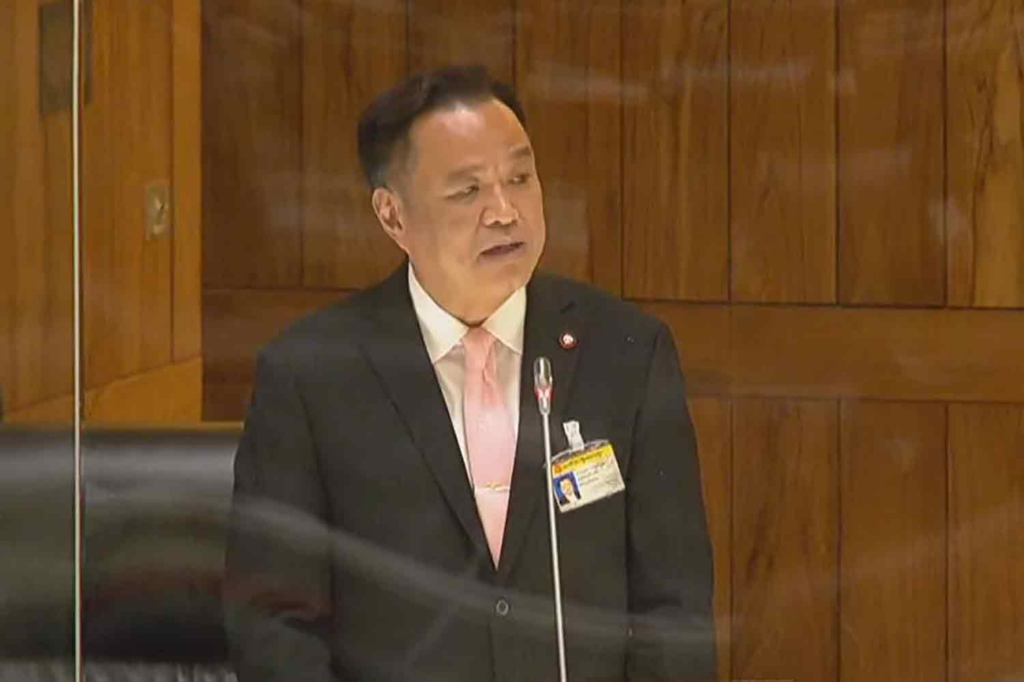
This election offers solar farm subsidies, emergency loans for 20-year-olds, and a life insurance fund for 60-year-olds.
Anutin, known as “Noo,” is the son of former minister Chavarat Charnvirakul and holds a Hofstra University engineering degree.
Jurin Laksanawisit
The country’s oldest political party, the Democrats, is running for prime minister with Jurin Laksanawisit.
After losing in its traditional Bangkok and southern strongholds in 2019, it faces voters after sexual assault claims against a party official during the Bangkok governor contest last year. Jurin apologized but remained leader.

Jurin, a Thammasat University politics graduate, was first elected to parliament in 1986.
The party’s agenda includes countrywide community banks, free education to university level, mandated savings, and extending the retirement age from 60.
Srettha Thavisin
Before entering politics, Srettha Thavisin was the CEO of luxury property developer Sansiri.
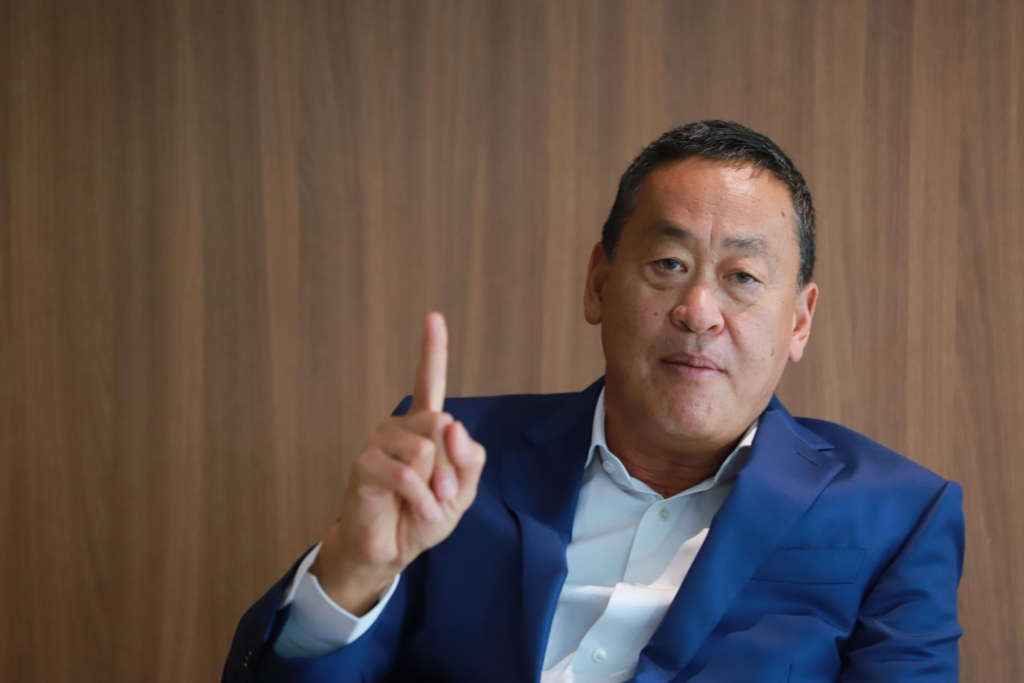
The 60-year-old is well-liked among businesspeople and may appeal to Shinawatra-wary voters.
He tweets opinions.

